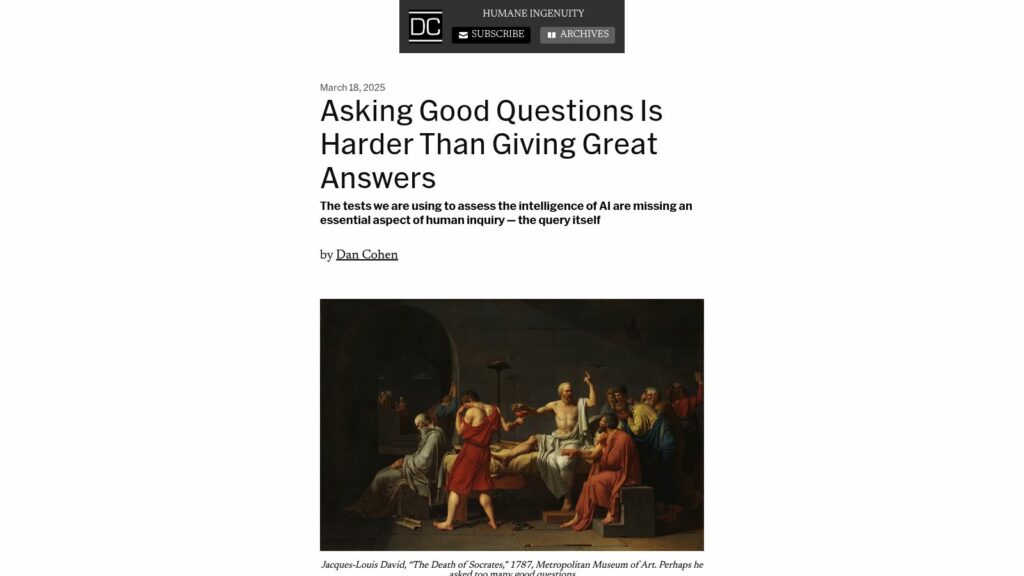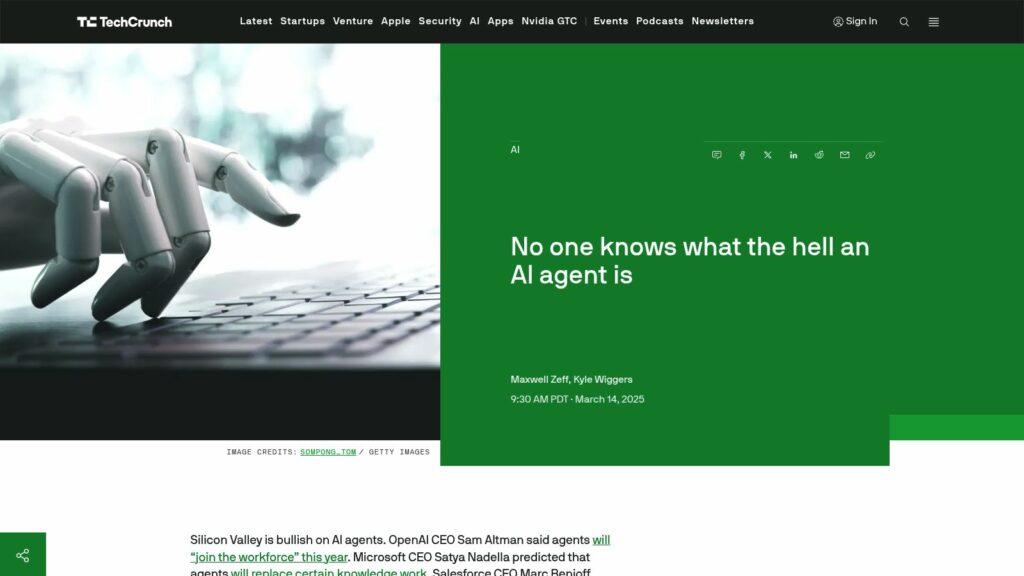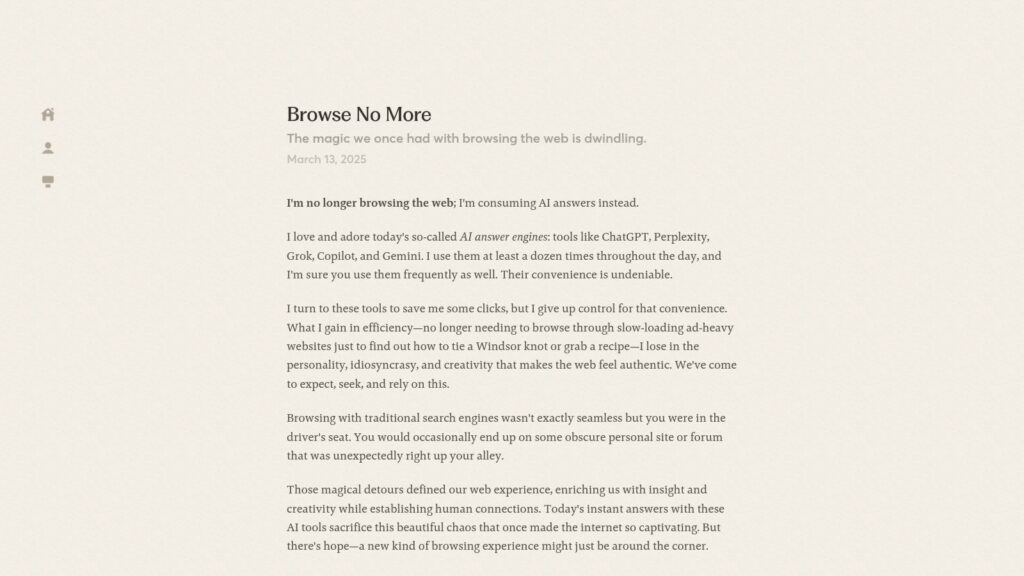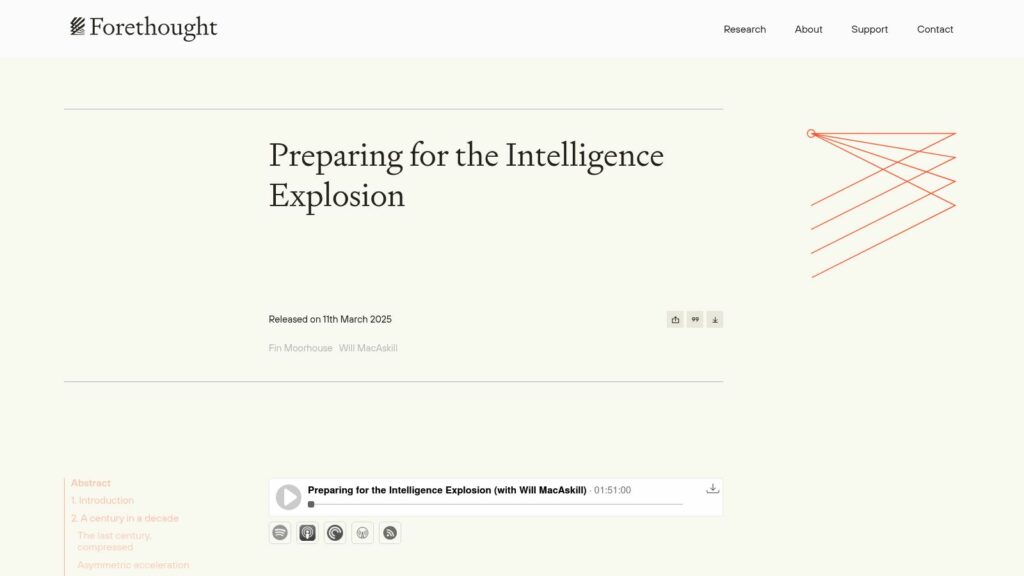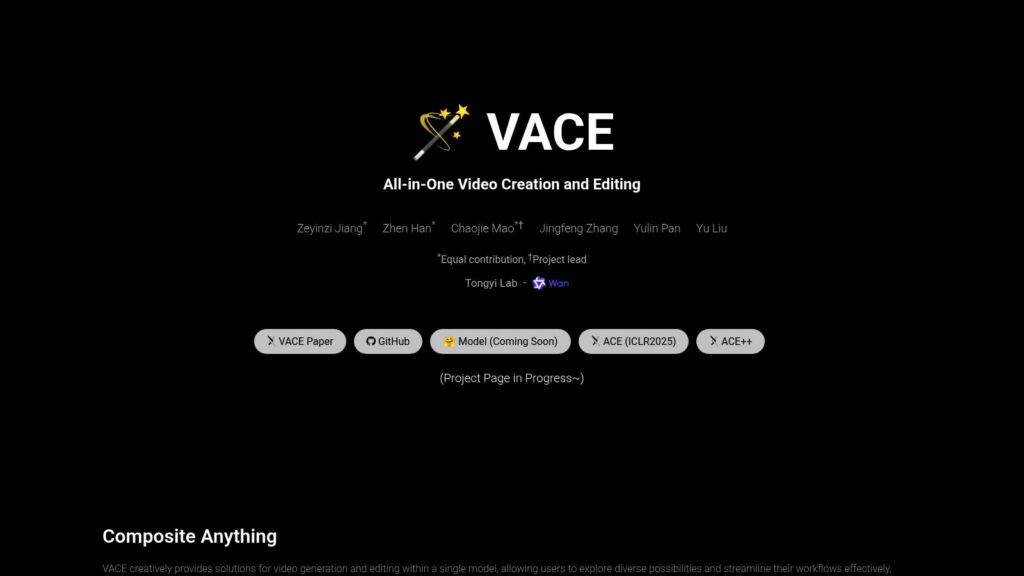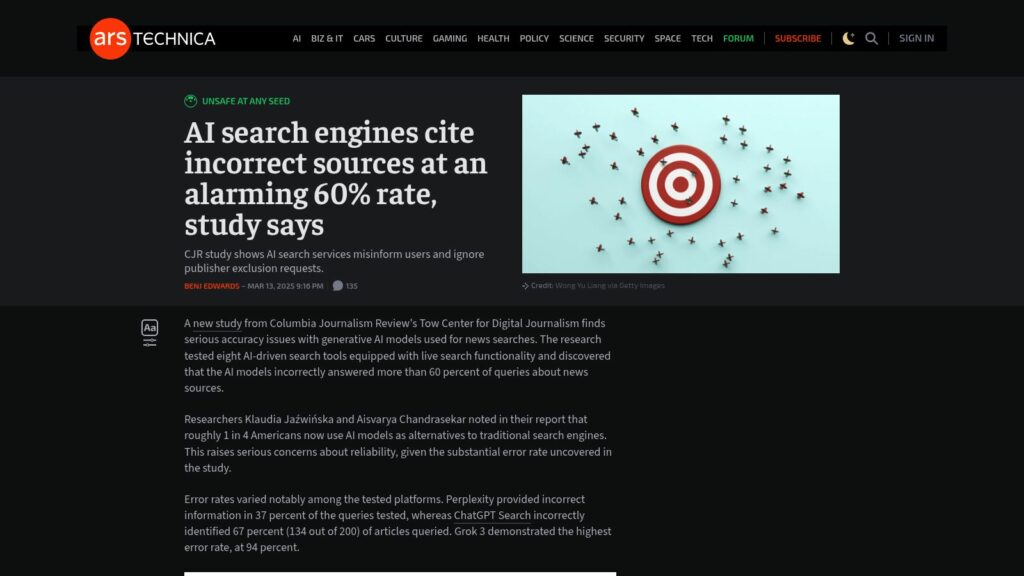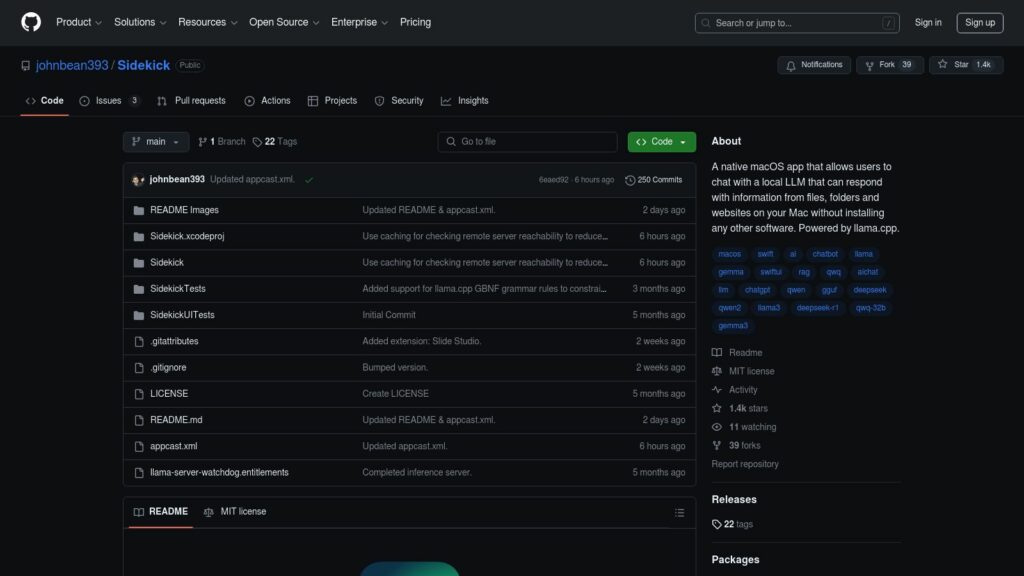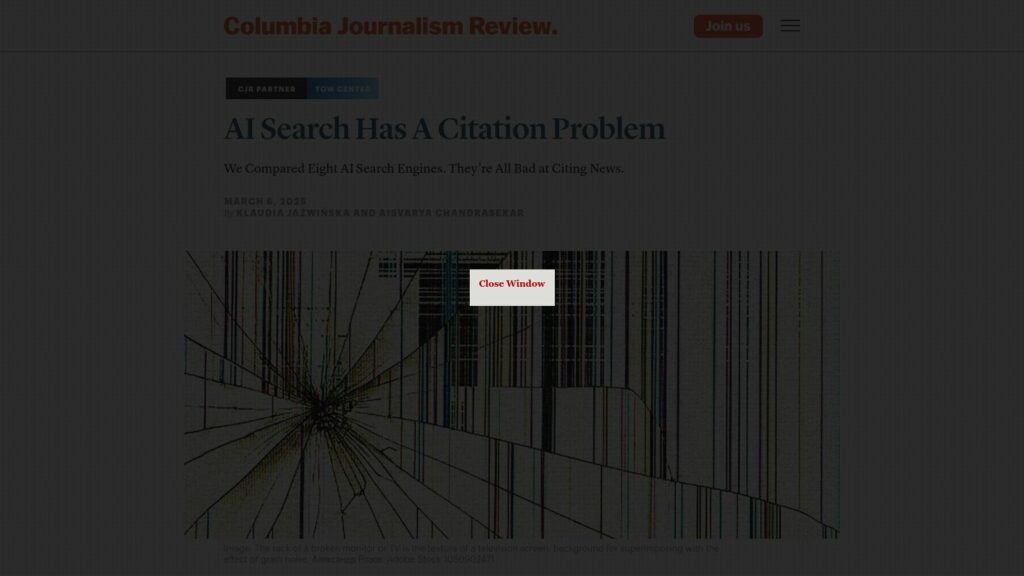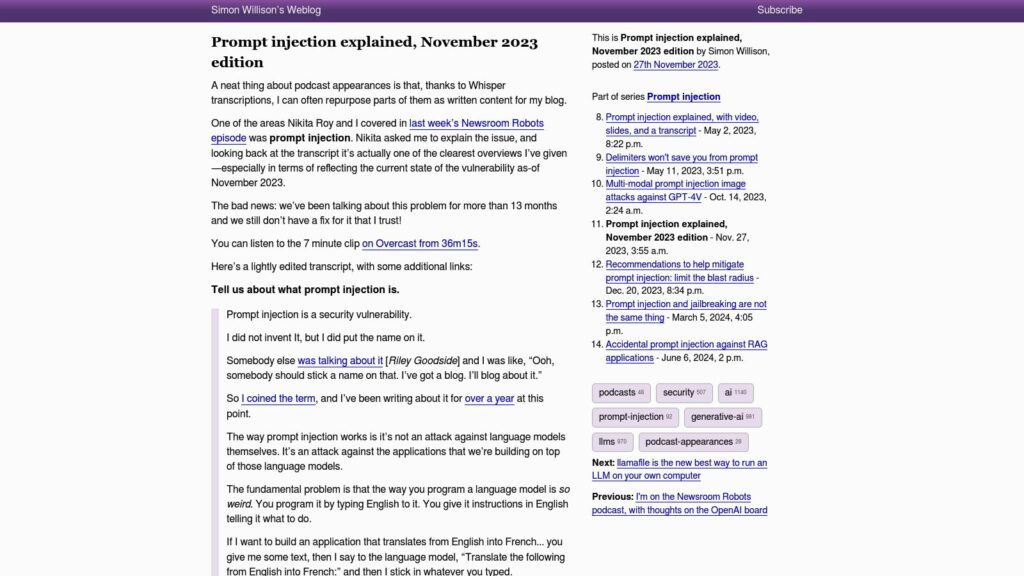Asking Good Questions Is Harder Than Giving Great Answers
AI intelligence assessments focus on answering complex questions, but meaningful inquiry begins with asking good questions. The author reflects on their poor performance in an AI exam, highlighting biases in the test and the importance of framing compelling historical queries. Successful historical research often stems from unique questions that reveal insights, suggesting current AI assessments miss this critical aspect of human intelligence.
https://newsletter.dancohen.org/archive/asking-good-questions-is-harder-than-giving-great-answers/
